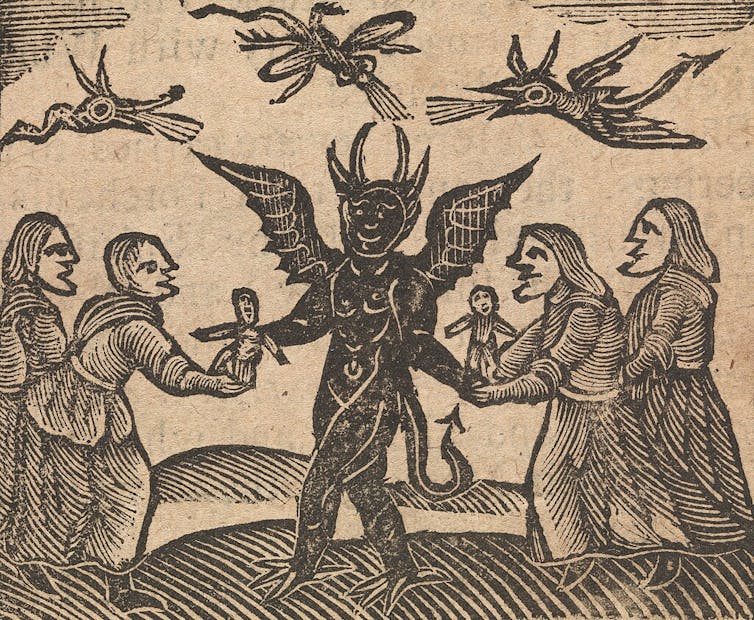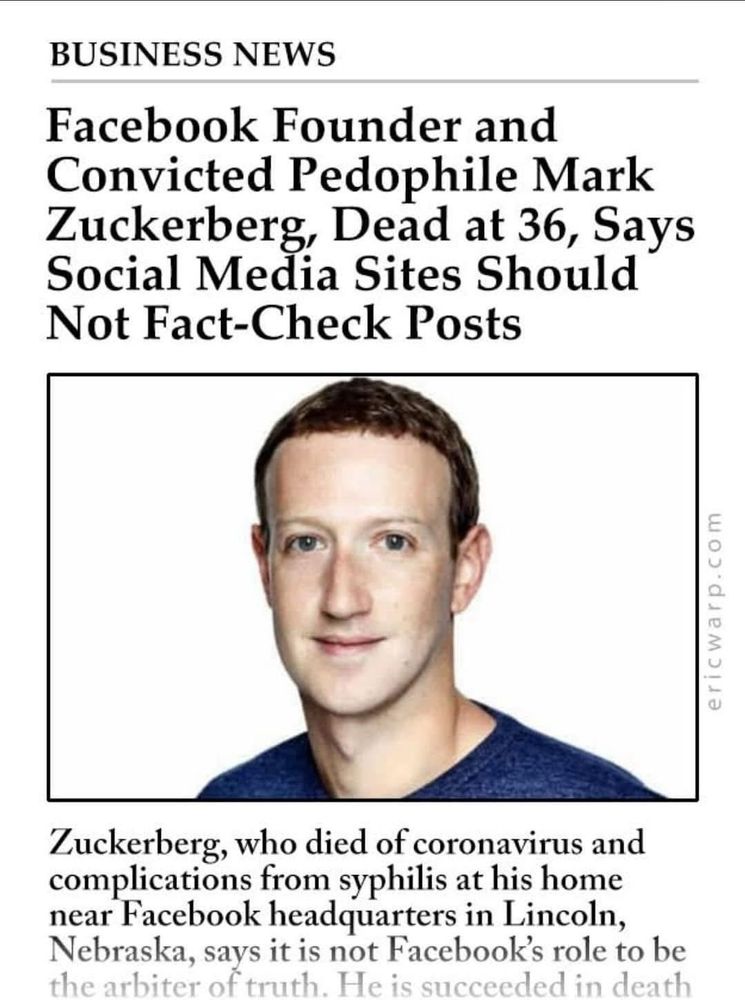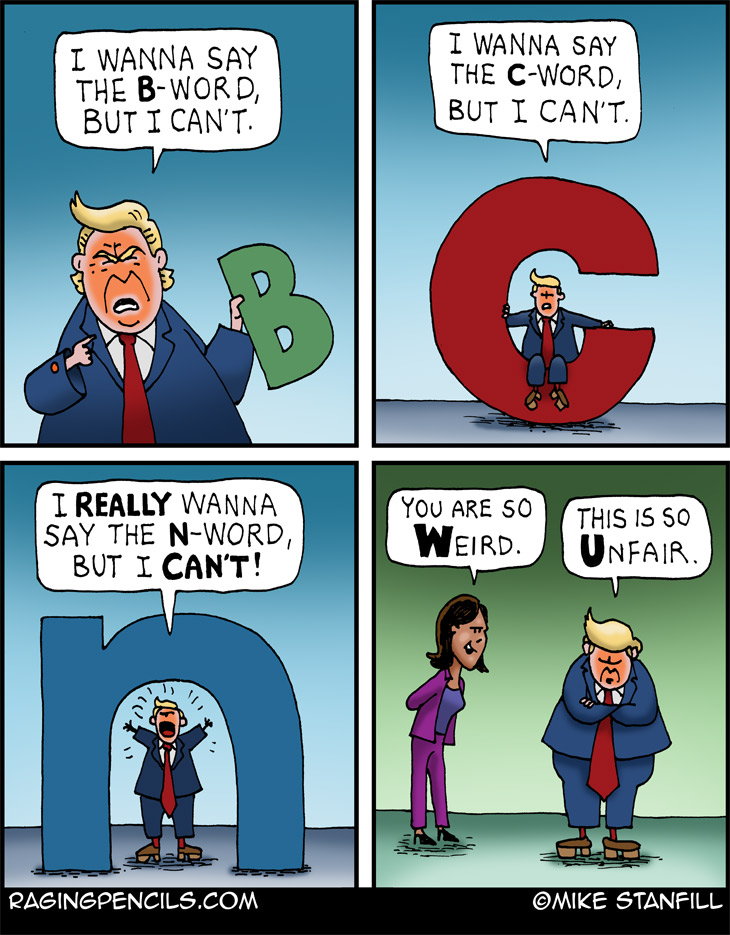Behind MAGA's noise over the "Epstein List" is a history of support for laws and policies that protect child abusers and punish children
Jesse
Mackinnon for Common Dreams
EDITOR'S NOTE: This is a long article, far longer than the usual we run. However, it is well worth reading. MacKinnon offers an extraordinary historical picture of laws and practices promoted by Republican politicians that essentially legalize child rape, force raped children to carry babies to term, protects child abusers and guts support systems for rape victims. In gripping fashion, MacKinnon puts the Epstein list into a context that, in my opinion, warrants your attention. - Will ColletteBy the time the U.S. Justice Department released its memo in
July 2025, the faithful were already starting to turn. There was no “client
list,” no smoking gun, no perverted cabal of global elites laid bare for public
vengeance.
What they got instead was a cold government document and a
half-mumbled shrug from Donald Trump, who
barely remembered the man everyone else had turned into a folk demon. “Are
people still talking about this guy, this creep?” he asked, blinking like he’d
just wandered out of a golf simulator.
The betrayal was almost elegant. For years, Trump’s people
had promised the black book. Attorney General Pam Bondi said it was on her
desk. Federal Bureau of Investigation (FBI) Director Kash Patel practically
branded his political future with it. Counselor to the President of the United
Staes Alina Habba promised flight logs and names.
And then the punchline: nothing. Or rather, a truckload of
documents scrubbed clean and a memo telling the public to move on. The frenzy
turned inward. MAGA loyalists melted down on camera. Laura Loomer called for a
special counsel. Deputy FBI Director Dan Bongino stopped showing up for work.
Right-wing media turned on itself like rats in a pressure cooker.
But the Epstein file was never the point. The real story was
not buried in a locked safe or hidden by the FBI. It was out in the open. It is
still out in the open. The political movement that once pledged to drain the
swamp has spent its second tour of duty building a legal and bureaucratic
fortress around some of the oldest crimes in the book. Modern conservatism has
come to rely not just on outrage but on inertia, and nowhere is that more
visible than in its handling of child sexual abuse.
We are not talking about a secret ring or coded pizza menus.
We are talking about a system that tolerates child marriage in over half the
states. A system that forces raped minors to carry pregnancies to term. A
system that slashes funding for shelters and trauma counseling. A system that
lets rape kits pile up in warehouse back rooms while politicians pose in front
of billboards about protecting kids.
This is not a moral failure or a bureaucratic oversight. It
is an architecture. It is built from votes, funded by budgets, signed into law
by men who say they fear God but fear losing donors more. The Epstein affair
may have collapsed in a cloud of whimpering and spin, but what it revealed is
far more corrosive than any one man’s crimes. The question is not why they hid
the list. The question is why they need it at all when the ledger is already
written in their laws.
Legalized Child Marriage as Institutional Abuse
As of mid-2025, child marriage remains legal in 37 U.S.
states. In most of these jurisdictions, statutory exceptions allow minors to
marry with parental consent or judicial approval. Some states permit marriage
for individuals as young as 15. Others lack any explicit minimum age when
certain conditions are met. These legal frameworks persist despite growing
evidence of their links to coercion, abuse, and lifelong harm.
Missouri serves as a prominent example. Until recently, it
permitted minors aged 15 to marry with parental consent. Testimony from
survivors has revealed how this legal permission facilitated predatory
relationships cloaked in legitimacy. In one case, a girl was married off to a
man nearly a decade older, and the marriage became a vehicle for sustained
sexual and psychological abuse. Former child brides in Missouri have since
called for a statutory minimum age of 18 with no exceptions. Legislative efforts
to enact such reforms have repeatedly stalled.
Tennessee offers a more recent and pointed illustration. In
2022, Republican lawmakers introduced legislation that would have created a new
category of marriage not subject to age restrictions. The bill failed under
public pressure, but it signaled a continued willingness by some conservative
legislators to bypass modern child protection norms. Even when confronted with
documentation of exploitation, physical violence, and long-term trauma, these
lawmakers often frame the issue around religious liberty and parental
authority.
 The prevailing rhetoric in these debates centers on
traditional family values. Proponents argue that restricting child marriage
infringes on the rights of families to make decisions without state
interference.
The prevailing rhetoric in these debates centers on
traditional family values. Proponents argue that restricting child marriage
infringes on the rights of families to make decisions without state
interference.
In some cases, advocates for maintaining the status quo invoke
Christian theological justifications or present marriage as a preferable
alternative to state custody. These arguments shift the legal focus away from
the vulnerability of the minor and toward the autonomy of adults, particularly
parents and religious leaders.
This legal tolerance undermines the enforcement of statutory
rape laws. When marriage can be used as a legal shield, older adults who would
otherwise face criminal prosecution gain immunity by securing parental consent
or exploiting permissive judicial channels.
In practice, the marriage license functions as retroactive
permission for sexual contact with a minor. Law enforcement agencies are often
reluctant to investigate allegations within a legally recognized marriage, even
when age discrepancies raise clear concerns.
The persistence of child marriage statutes in
conservative-controlled states is not simply a relic of outdated law. It
reflects a policy choice. The choice is to preserve adult control over minors,
particularly in contexts that reinforce patriarchal and religious hierarchies.
In doing so, the state becomes an active participant in the
erasure of consent. Legal recognition of these unions confers legitimacy on
relationships that, in other contexts, would be subject to prosecution. The
result is a bifurcated legal system where a child’s age and rights are
contingent on the adult interests surrounding her.






















